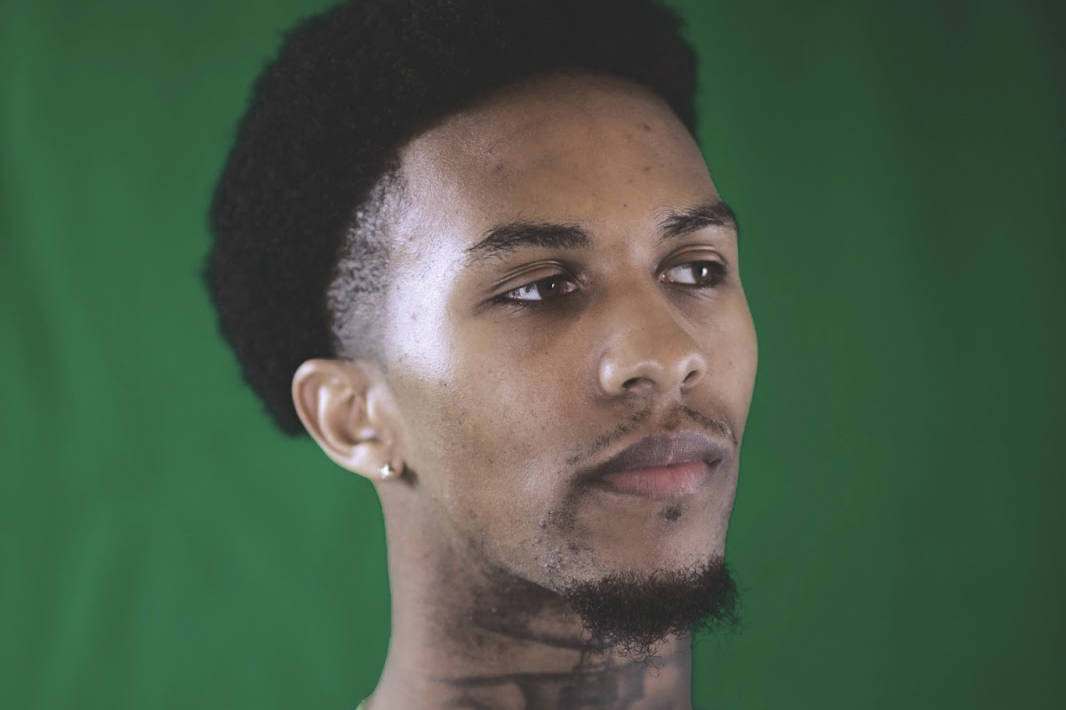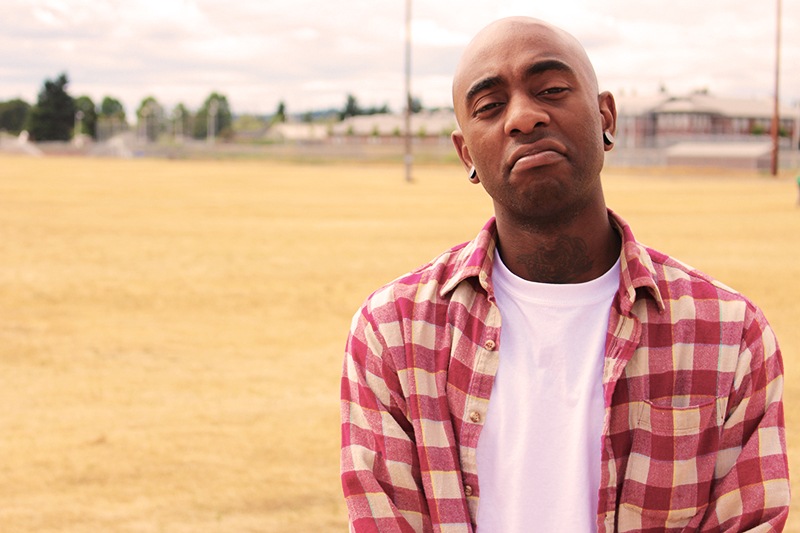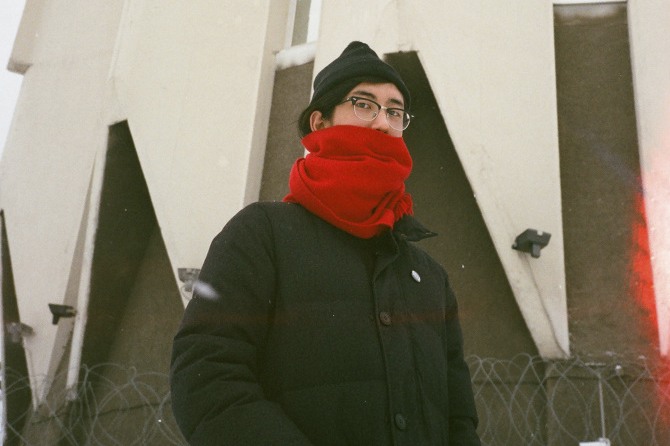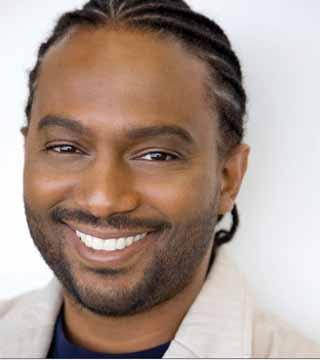Behind one of the rawest and most nationally competitive PNW rap albums this year is a sweet story involving ’70s/’80s soul and funk legend Tony Gable. A crucial part of Seattle’s sound as a drummer with the band Cold, Bold, and Together, Gable died last year after dealing with Alzheimer’s. But he never stopped making music and uplifting others.
That’s what the rapper Sneakguapo remembers, and what he says he wants to do, too, with his new album Guapseason. “My eighth-grade summer, right before high school, I met Ned [the rapper Mackned] walking around the neighborhood, and met his dad, too. He was always down there playing the drums. That’s where Ned gets his music influence from … His dad was always talking about music, showing us pictures of going on tour. ‘You can do that?’ I had no clue you could do that off of music. Ned and I sat down and were like, let’s make some music.”
He’s been rapping since. Sneakguapo joined Mackned during the early phase of Thraxxhouse, a wide-reaching Internet rap collective which Ned pushed hard for years. They toured and made many songs together, including Sneakguapo’s Thraxx classic “Suicide Capitol” in 2013. That enduring blues-rap tune about the dark side of Seattle is drearier than Guapseason. But while the album’s songs about drugs, money, loyalty, and loss aren’t exactly not dreary, they do have an overall message of staying sane with an eye trained on the future. There are a lot of lyrics about taking yourself seriously, leveling up, and believing in yourself. It’s music to endure to—something that will come in especially handy once the vitamin D wears off.
Guapo says it was crazy to see the Thraxx wave blow up before his eyes, and to see the West Seattle house where he lived with Ned and Key Nyata, another Thraxx principal, turn into a pipeline sucking rappers to L.A. Sneakguapo stayed here, for the most part, and stayed in touch with local talent, which benefits him on Guapseason. Take BassKids, a producer who lives two miles from Guapo and provided the musical bedrock for the record. “We recorded four songs, and then he started working with Fetty Wap and a bunch of industry cats. I was like, ‘I’m going to turn this into an album.’ I felt like, you know, this is my time. I wanted to showcase my talent.”
It’s a record meant to be played loud, with trap drums and personal poetry written at home in his room, rapped sober. It’s the sound of an improved rapper trying to get back to his essence—that energetic spark Gable provided in the first place. “I have [Mackned’s] dad’s picture on my refrigerator right now, to this day. I look at that every day when I wake up. His dad helped me out a lot.”








